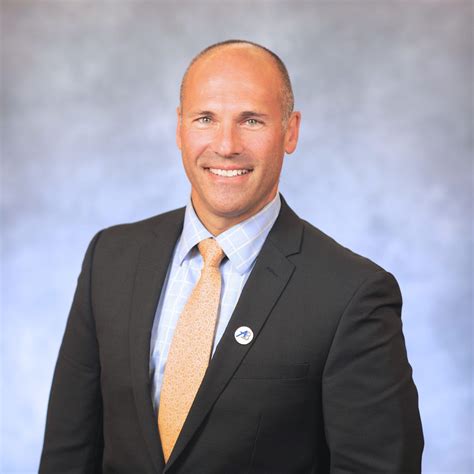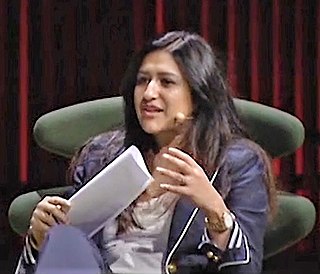A Quote by Unknown
Informal conversation is probably the oldest mechanism by which opinions on products and brands are developed, expressed, and spread.
Related Quotes
Most brands that are called luxury brands today are not true luxury brands. The globalization of fashion and luxury means you now find the same luxury brands in every city. The stores look the same, the products are the same. It is still a very good quality product but it is now readily available to everyone. It's a kind of mass luxury.
There's a great debate going on, you know, on whether we're moving toward a system of giant oligopolies or a system of multiples of small businesses. Which is it? I think it's both. In every sector of the economy, we have giant brands that are trustworthy guides to what's good, and then a vast number of small groups, many of them project-based, sometimes folding and re-creating, that are offering products and services through those giant global brands.
I see "demand creation" as a 20th-century construct that's bound up with advertising. It's an outmoded view of marketing that says, "First, we build a product or service, then we advertise it into people's lives." Embedded this view is the belief that companies control brands. This is a myth. My message all along has been that brands are actually created by customers, not companies. Companies only provide the raw materials - the products, messaging, behaviors - that people use these to create brands.
Buy products of genuine lasting value from brands that take their manufacturing seriously. I have things that are 75 years old, like the dinner suit of my grandfather's that was made in 1933 by a tailor in Edinburgh. Clothes develop stories. You can remember where you've been through clothing that you've worn. I want products that are going to endure. I hate that we buy things that are disposable. We need to buy products with integrity.
I run all the brands like cousins. You want your cousins to do well, but you want to do better. All of our brands want to win, but we certainly want to fight fair and coordinate as much as we can behind the scenes. But to the consumer, we want to offer the broadest, most competitive set of products that we can.































